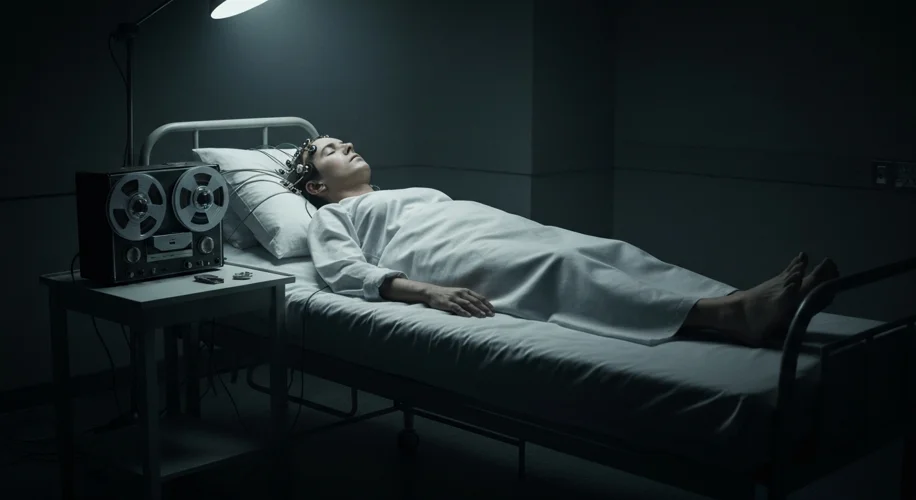In the hushed corridors of Cold War paranoia, the United States Central Intelligence Agency (CIA) embarked on a clandestine journey into the darkest corners of the human mind. This quest for control, a chilling manifestation of the MKUltra program, cast a long and disturbing shadow over Montreal in the 1950s and 1960s. Here, within the seemingly benign walls of institutions, a series of horrifying experiments unfolded, leaving a trail of shattered lives and profound ethical questions.
At the heart of these experiments was Dr. Ewen Cameron, a psychiatrist who, unbeknownst to many, became a key figure in the CIA’s quest for mind control. His work at the Allan Memorial Institute of McGill University in Montreal, funded in part by the CIA through front organizations, aimed to “depattern” patients and reset their minds. This involved methods that, by today’s standards, are unequivocally abusive.
Imagine a patient, perhaps suffering from depression or anxiety, being subjected to a cocktail of LSD, electroconvulsive therapy (ECT), and prolonged sensory deprivation. Cameron’s technique, termed “psychic driving,” involved playing looped audio messages to patients for extended periods, sometimes days on end, while they were in a drug-induced coma or subjected to repeated rounds of high-dose ECT. The goal was to erase existing memories and implant new ones, effectively creating a blank slate.

The subjects of these experiments were often vulnerable individuals, many of whom were patients at the institute with little understanding of what was being done to them. They were not informed volunteers; many had no idea they were part of a wider, sinister agenda. Some were even induced into comas and then subjected to a form of “memory wiping” by playing tapes containing as many as 30,000 repetitions of specific phrases. This was followed by more ECT, a procedure that, in Cameron’s hands, was far more intense than standard therapeutic doses, often administered multiple times in a single day.
The consequences for these individuals were devastating. Many experienced severe memory loss, identity confusion, prolonged psychological distress, and a permanent disruption of their cognitive and emotional functions. They were left broken, their minds held captive by experiments conducted in the name of national security. The betrayal of trust, the violation of ethical boundaries, and the sheer brutality of the methods employed painted a grim picture of scientific inquiry gone terribly wrong.
While the full extent of MKUltra and Cameron’s involvement in Montreal remained hidden for years, declassified documents and subsequent lawsuits gradually brought the truth to light. Survivors and their families fought for justice, seeking acknowledgment and compensation for the unimaginable suffering inflicted upon them. The revelations sent shockwaves through society, exposing the terrifying potential for government agencies to overstep ethical boundaries in their pursuit of perceived threats.
These experiments serve as a stark reminder of the importance of ethical oversight in scientific research and the profound responsibility that researchers and institutions bear when dealing with human subjects. The story of MKUltra in Montreal is not just a dark chapter in the history of psychiatry and intelligence gathering; it is a cautionary tale, a whisper from the past urging us to remain vigilant against the abuse of power and the erosion of human dignity.

